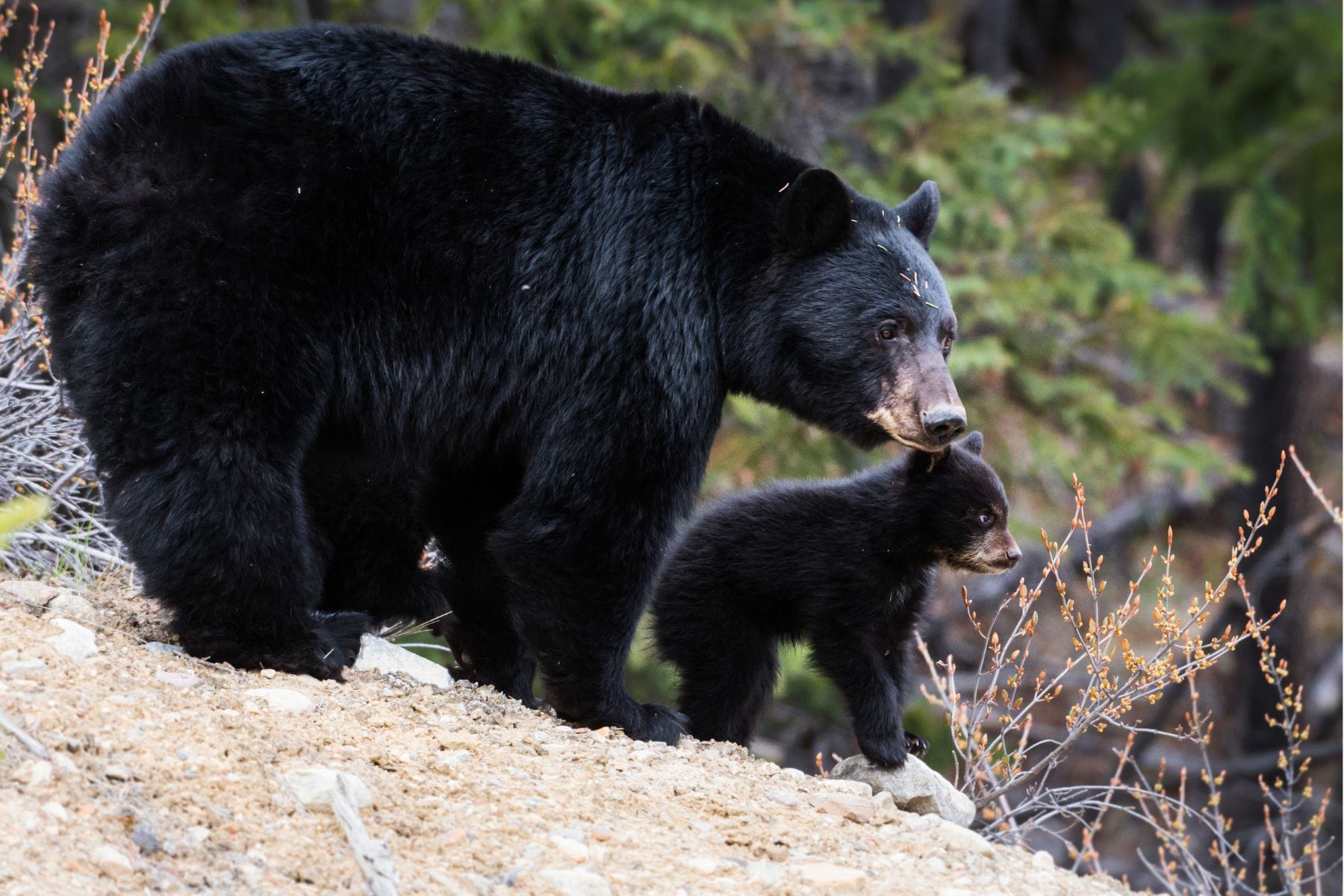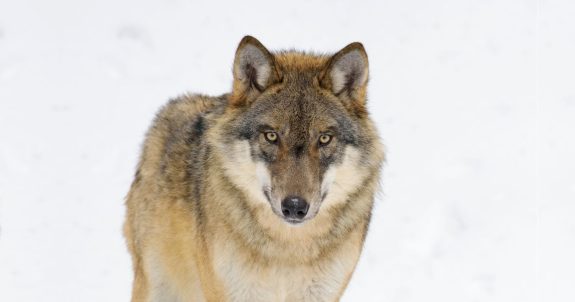A huge win for wildlife! Canada just banned using strychnine poison to kill wild animals like wolves, coyotes, and black bears.
The move by Health Canada’s Pest Management Regulatory Agency (PMRA) to end the use of these poisons is being celebrated by leading animal welfare and conservation organizations, including Animal Justice, Wolf Awareness, WeHowl, Animal Alliance of Canada, Humane Society International/Canada (HSI/Canada), and the International Fund for Animal Welfare (IFAW).
The decision to cancel the registration of products containing this dangerous poison follows years of advocacy and campaigning, including a request for special review of strychnine and other predacides filed by Animal Justice and a coalition of groups in December, 2020. Today’s decision reverses the PMRA’s initial proposal in August 2022 to allow the continued use of both strychnine and Compound 1080. That proposed decision was widely condemned by animal protection and conservation groups due to the cruel nature of these indiscriminate poisons and the serious harm that they cause to the environment.
Strychnine is notorious for causing some of the most agonizing symptoms of any poison, including muscular convulsions that can last for hours or days before the individual succumbs to exhaustion or suffocation. Strychnine is so horrifying that it features in Agatha Christie murder mystery novels, and is rumoured to be the poison that killed King Joffrey in Game of Thrones.

Strychnine has been used for decades by farmers to kill animals like coyotes and wolves, whom they consider a nuisance since they occasionally prey on farmed animals. Strychnine has been criticized not only for the intense suffering it inflicts on target species but also for its detrimental impact on non-target animals. Countless unintended victims are poisoned by strychnine—including companion animals, birds of prey, and endangered species—either through consuming poison baits directly, or eating the bodies of other poisoned animals.
Animal Justice lawyers are pleased with this victory for wild animals across Canada, now no longer at risk of enduring the agony of this gruesome poison.
This win highlights the evolving conversation around wildlife management and conservation, reflecting a growing recognition of the intrinsic value of predators in our ecosystems, rather than viewing them as pests. This decision also aligns with public sentiment, as demonstrated by a national Environics poll commissioned by Wolf Awareness, Animal Alliance, and Animal Justice, showing that 69% of Canadians find the risks associated with strychnine and Compound 1080 in wildlife management programs unacceptable.
While this decision marks a significant step forward, the call for the PMRA to ban Compound 1080, another brutal poison used to kill wolves and coyotes, remains urgent. Compound 1080 is unacceptably cruel, causing vomiting, convulsions, intense pain, and hallucinations for animals who ingest it. Like strychnine, the effects can last hours or even days before the animal dies from cardiac failure or respiratory arrest.
Today’s victory is a testament to the power of citizen advocacy and the growing societal demand for humane and responsible treatment of wildlife, representing a crucial shift towards more compassionate environmental stewardship.




